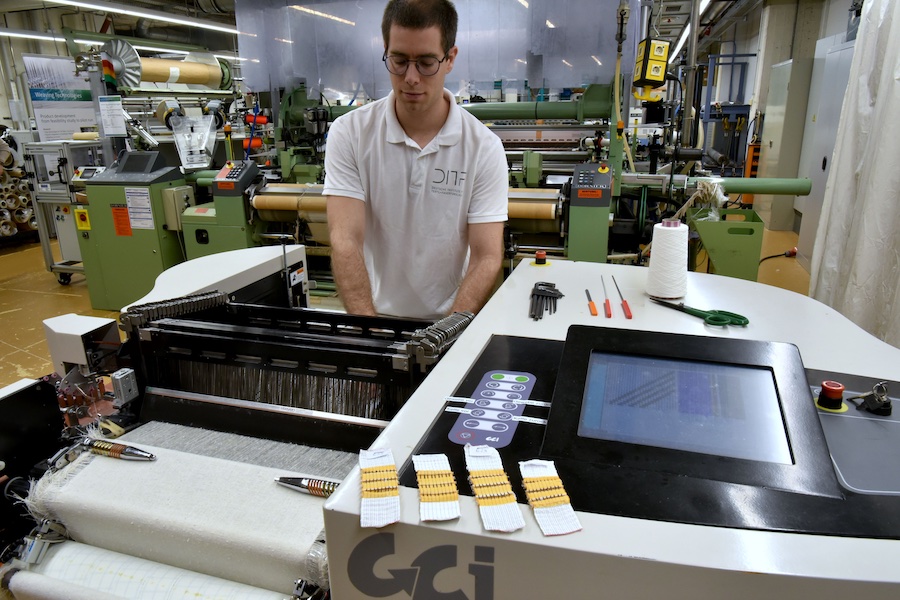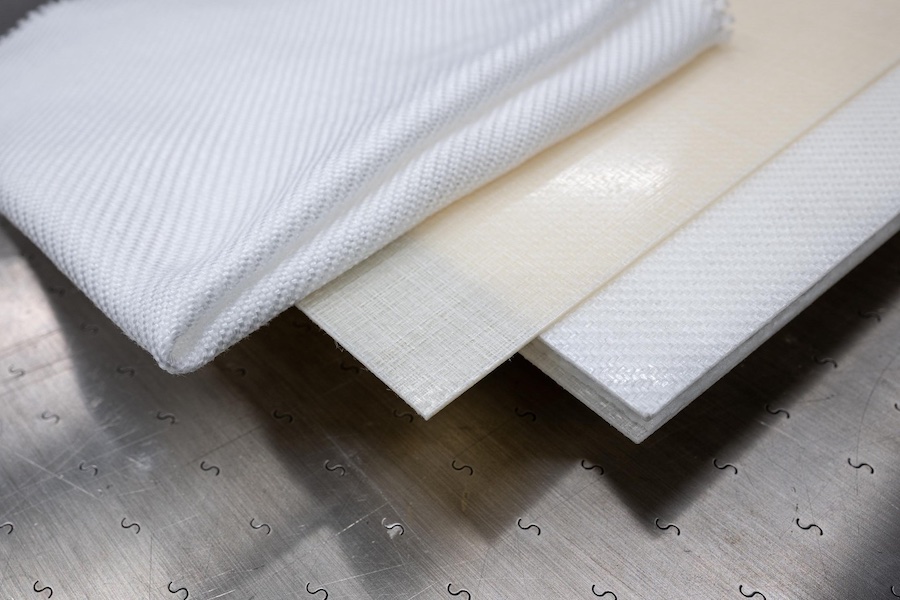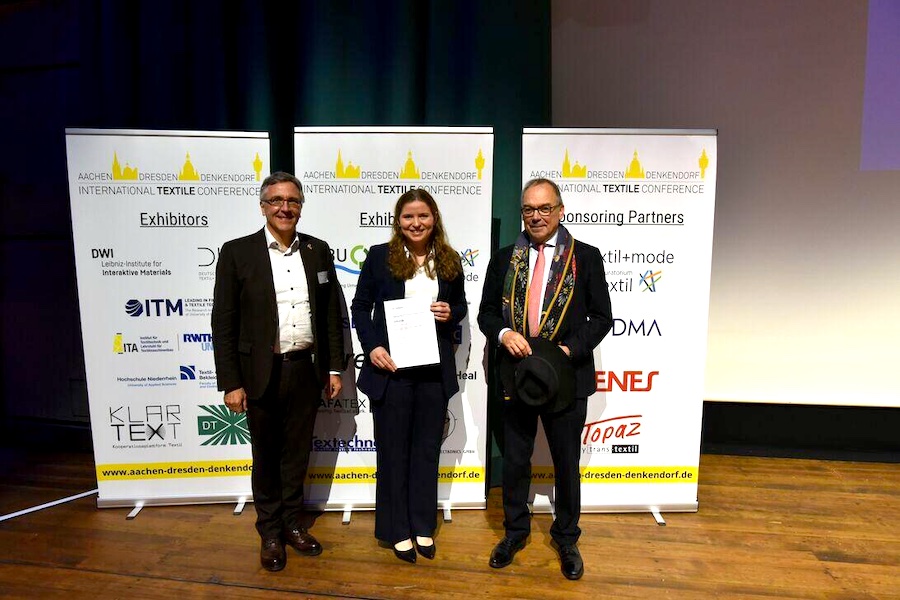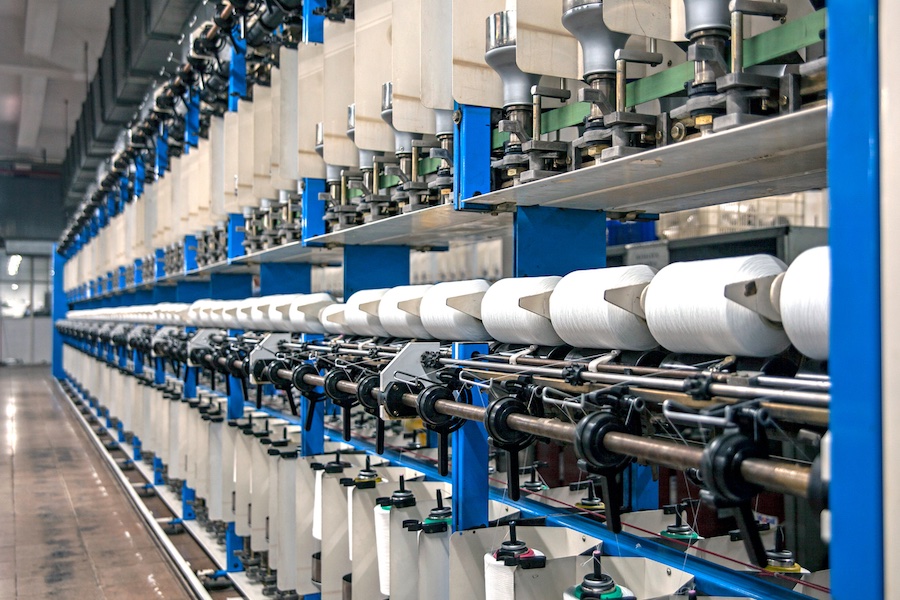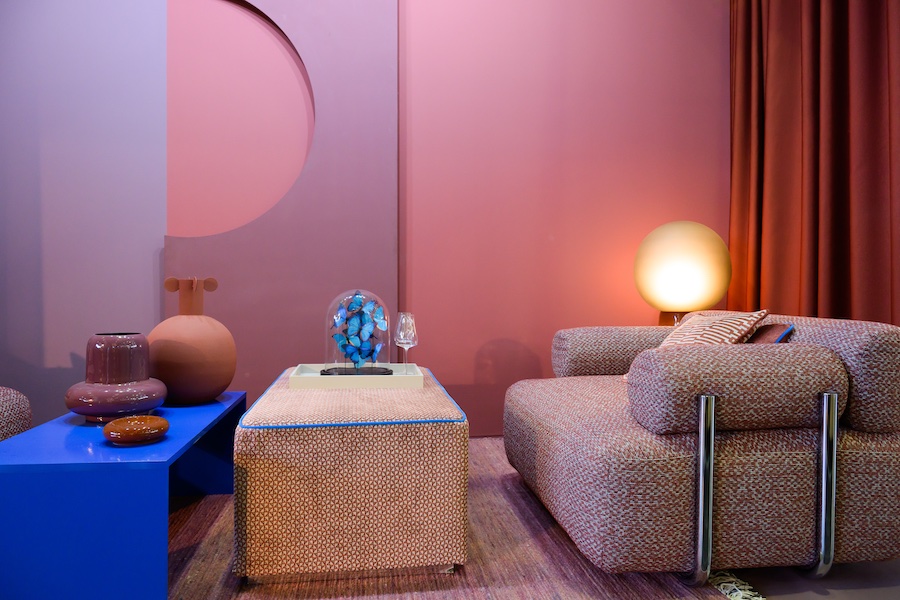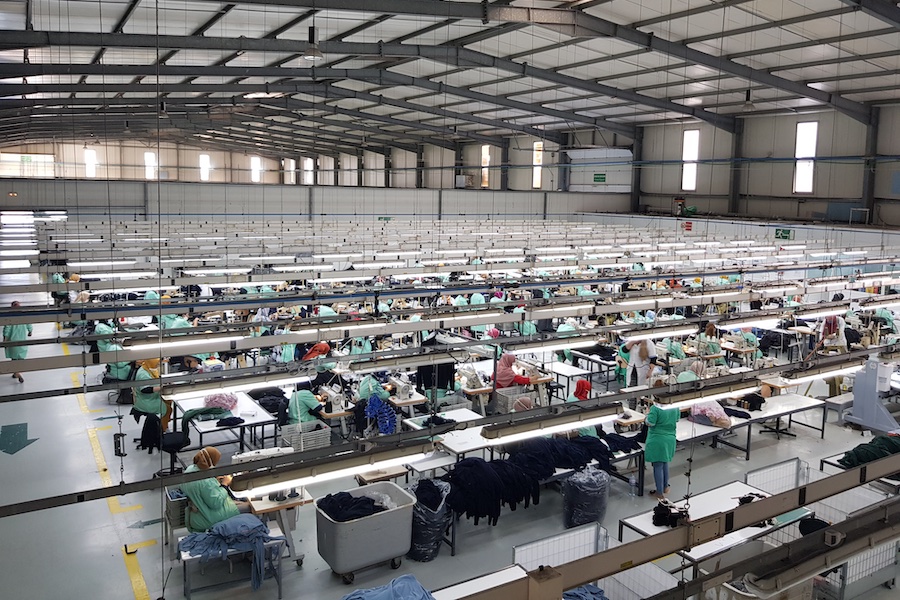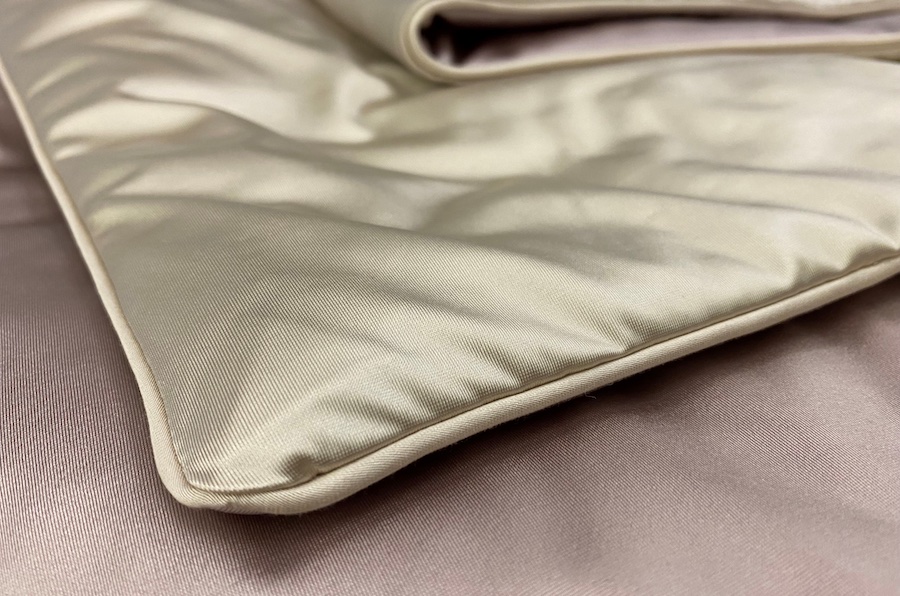#Research & Development
Aachen researchers develop BioTurf
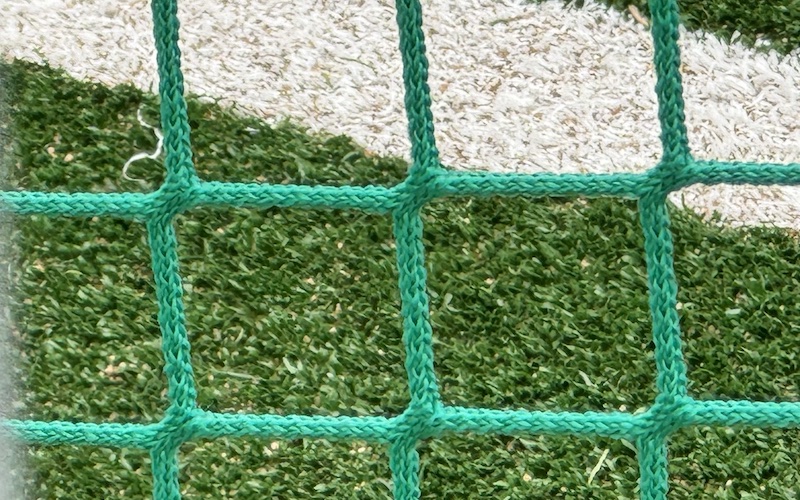
Just in time: Sustainable artificial turf!
Researchers in Aachen have addressed this issue and presented a sustainable alternative in the form of BioTurf. BioTurf is a globally new artificial turf system made from bio-based polymers that no longer requires polymer infill material!
"Every year, around 500 kilograms of plastic granules are produced per artificial turf pitch, which have to be refilled as infill. This also corresponds to the amount that potentially enters the environment as microplastics per sports pitch," explains Dr Claudia Post from TFI. With an estimated 25,000 artificial turf pitches in the EU, artificial turf in Europe alone produces 12,750 tonnes of microplastics that end up in the environment every year! The TFI - Institut für Bodensysteme an der RWTH Aachen e.V., Institute for Research, Testing and Certification in Europe for Indoor Building Products, has developed the innovative artificial turf system together with the ITA (Institute for Textile Technology at RWTH Aachen University) and in collaboration with the company Morton Extrusionstechnik (MET), a specialist in artificial turf fibres.
"New artificial turf pitches will be phased out by 2031 at the latest due to the ban on plastic granules. Even now, artificial turf pitches with infill material are no longer being subsidised," says Dr Claudia Post. For grassroots sports, clubs, cities and local authorities, converting their existing artificial turf pitches will be a mammoth task in the coming years, as artificial turf pitches have to be replaced every 10-15 years. With BioTurf, an environmentally friendly alternative is now available! The surface can be played on like any other, whether running, passing or kicking. Short, heavily crimped blades support longer blades and this simple approach increases playing comfort. BioTurf fulfils all quality requirements and standards for the highest footballing demands.
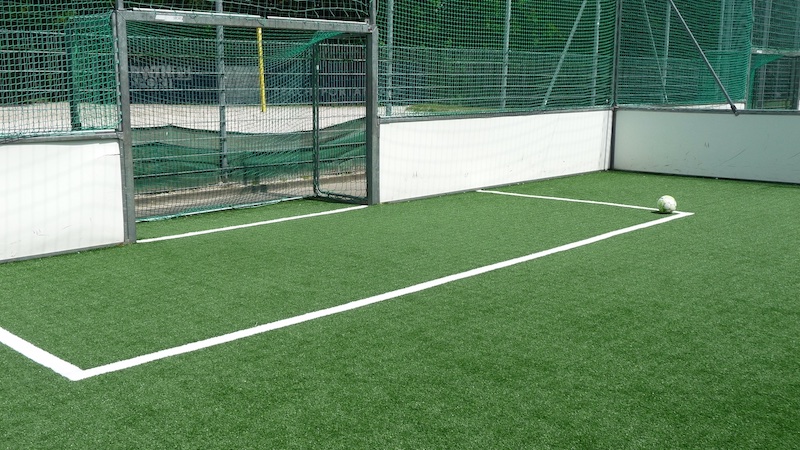
BioTurf - an innovative, holistic solution
"BioTurf is an innovative, holistic solution," emphasises Dirk Hanuschik from TFI. "We use rapeseed oil and agricultural waste that does not compete with food production. BioTurf is also almost completely recyclable".
This is in stark contrast to conventional artificial turf, which can currently only be thermally utilised, i.e. burned to generate heat.
As BioTurf does not require the traditional latex process at all, the energy-intensive drying process can be dispensed with, which has a positive effect on the price. Latex is also difficult to recycle. In contrast, BioTurf uses the new thermobonding technology, which does not require any latex at all. Here, the thermoplastic pile yarns are thermally fused to the backing. Further development steps still need to be taken in the endeavour to develop a 100% mono-material artificial turf, as a few percent polypropylene still needs to be processed in the backing in addition to the polyethylene fibre material in order to protect it during thermobonding. However, this does not hinder its recyclability.
BioTurf from Aachen is an environmentally friendly and playable alternative. Good prospects both for football and for popular sport as a whole, which can become more sustainable and therefore healthier with the Aachen development. BioTurf is a pioneering innovation for sports facilities in local authorities and clubs.
BioTurf is a world first and the result of a project in the BIOTEXFUTURE innovation centre, which is funded by the German Federal Ministry of Education and Research. Further information can be found at www.biotexfuture.info



